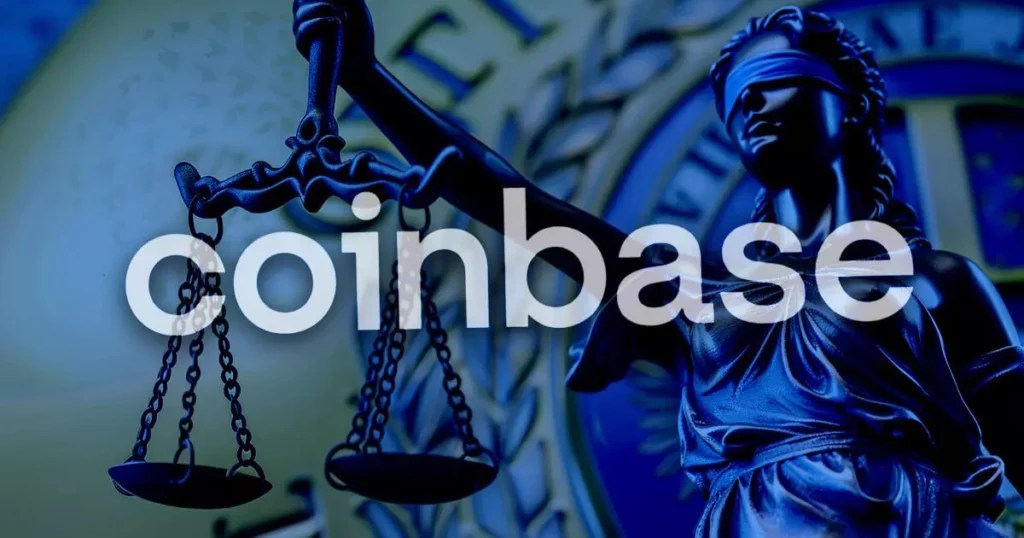In a significant escalation of its ongoing legal confrontation with the US Securities and Exchange Commission (SEC), Coinbase has recently filed a motion for partial summary judgment. This move aims to secure access to internal SEC documents that may provide insights into the agency’s enforcement strategies regarding the cryptocurrency sector. At its core, this lawsuit reflects broader concerns within the crypto industry about the SEC’s regulatory practices, as many companies perceive the agency’s actions to be an overreach of its authority.
The roots of this legal dispute can be traced back to the SEC’s denial of Freedom of Information Act (FOIA) requests made by History Associates, a research firm hired by Coinbase. These requests were aimed at elucidating the SEC’s position on various digital assets. Initially, the SEC utilized the FOIA Exemption 7(A), designed to protect law enforcement records from premature disclosure. However, the situation grew murkier when the SEC conceded that this exemption might no longer be applicable yet continued to advocate for an extensive three-year delay in the document review process. This prolonged stall tactic has raised questions about the commission’s transparency and willingness to provide clarity to an industry desperately seeking guidance.
Coinbase’s legal maneuvering comes at a time when the crypto industry is grappling with regulatory uncertainties. Many within the sector argue that the SEC’s lack of definitive rules regarding which tokens qualify as securities hampers innovation and hampers compliance. History Associates’ initial FOIA request, submitted in July 2023, is particularly telling as it sought information related to Ethereum’s transition from proof-of-work to proof-of-stake. This shift is pivotal for the Ethereum ecosystem and the broader conversation about securities regulation, thus emphasizing the necessity for transparent regulatory processes.
Furthermore, the August 2023 filing that requested documents related to a previous SEC case against Zachary Coburn, the founder of the decentralized exchange EtherDelta, highlights ongoing tensions within the regulatory landscape. Coburn’s case marked a significant moment in SEC enforcement history, highlighting the complexities of defining digital assets under current securities laws, and the outcome serves as a cautionary tale for other aspiring crypto businesses.
In response to these concerns and in light of the SEC’s delays, Coinbase has suggested a dual-track approach. This strategy prioritizes the review of internal communications within the SEC while postponing the examination of external records. By doing so, Coinbase aims to expedite the process of uncovering how the SEC interprets and applies securities laws to the crypto realm. This critical inquiry underscores a pressing need for clear guidelines that can promote both regulatory compliance and innovation.
The legal saga between Coinbase and the SEC encapsulates broader themes of regulatory scrutiny and the quest for clarity in an evolving financial landscape. As Coinbase seeks to challenge what it views as an overbearing regulatory framework, the outcome of this lawsuit may very well set important precedents for the future of cryptocurrency regulation. The industry’s ability to thrive hinges on constructive dialogue between regulators and market participants, underscoring the necessity for transparency and direct engagement to foster a conducive environment for innovation.

















Leave a Reply